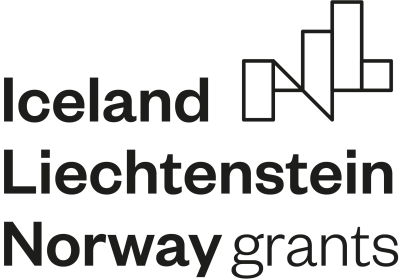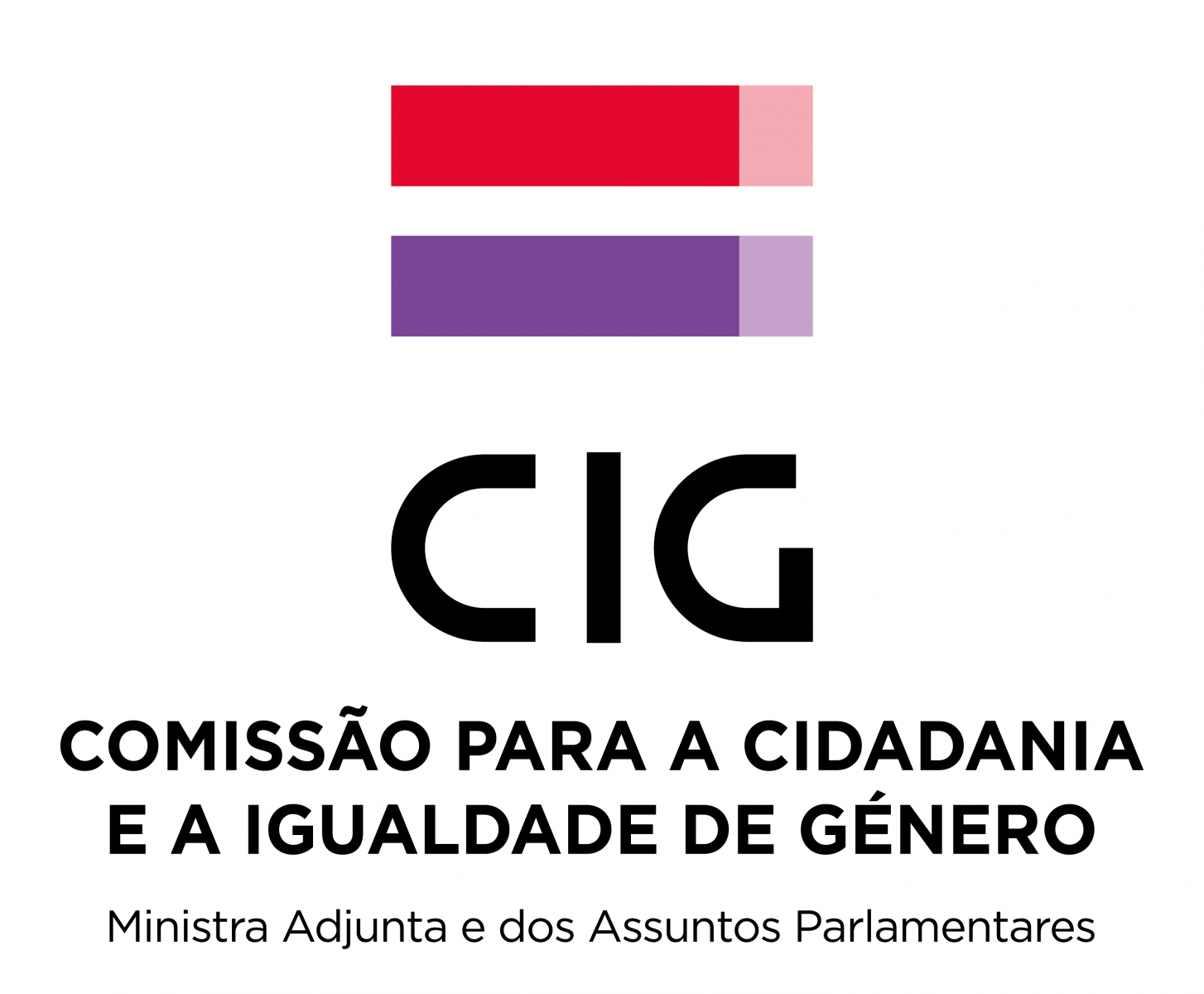Glass Boundaries - Gendering the labour market - costs of occupational and educational segregation
Project
The aim of the project is to gather evidence that supports proposals for action aiming the reduction of the economic and social costs of gender segregation, an objective in line with the National Strategy for Equality and Non-discrimination that combats discrimination based on sex and promotes equality between women and men. The project assumes an integrated approach in order to identify the multiple aspects of segregation, in the labour market and on vocational choices, and the way they influence economic inequalities between women and men.
Based on different research methods, and anchored in a differentiated network of partners (a Norwegian research centre, an association of schools’ training centre and a consulting company), the project has the following specific objectives:
- To characterize the recent evolution of the sexual segregation of occupations in Portugal, in the horizontal, vertical and transversal perspectives;
- To determine the impact of employment segregation on earnings inequality between men and women, using a simulation technique based on multiple linear regressions;
- To characterize the sexual segregation of vocational and artistic education in public secondary schools and its regional patterns;
- To characterize the sexual segregation in the choices of applicants for public higher education;
- To estimate the influence of the socio-professional status of the family of origin on educational choices in secondary and higher education for boys and girls;
- To identify determinants of professional and educational choices from the perspective of key stakeholders in the areas of employment, education and training; to diagnose bottlenecks to the desegregation of the training and employment system and also to identify policy measures to overcome these blockages;
- To analyse the implications and the challenges of policies aimed at the desegregation of the labour market and education / training system based on the results of the different project activities.
The project uses quantitative methods, applying different techniques of statistical analysis to data from Personnel Tables (GEP / MTSSS), the Survey on Income and Living Conditions (EU-SILC) and DGEEC databases. In addition, qualitative methodologies (focus group and individual interviews) applied to representatives of employers, teachers of basic and secondary education and guidance professionals will be used, in order to understand the processes and mechanisms for maintaining sexual segregation in the labour market and vocational choices.
Period: 27 months
Period: October 30, 2020 to January 31, 2023
Keywords: sexual segregation of employment, sexual segregation in education, wage gap, labour market, gender inequalities
Financing:
EEAGrants Portugal. Through the multiannual Financial Mechanism of the EEA Grants, Iceland, Liechtenstein and Norway set the objective of reducing social and economic disparities in Europe, by strengthening bilateral relations with beneficiary states.
Funding entity

Program Operator Entity



